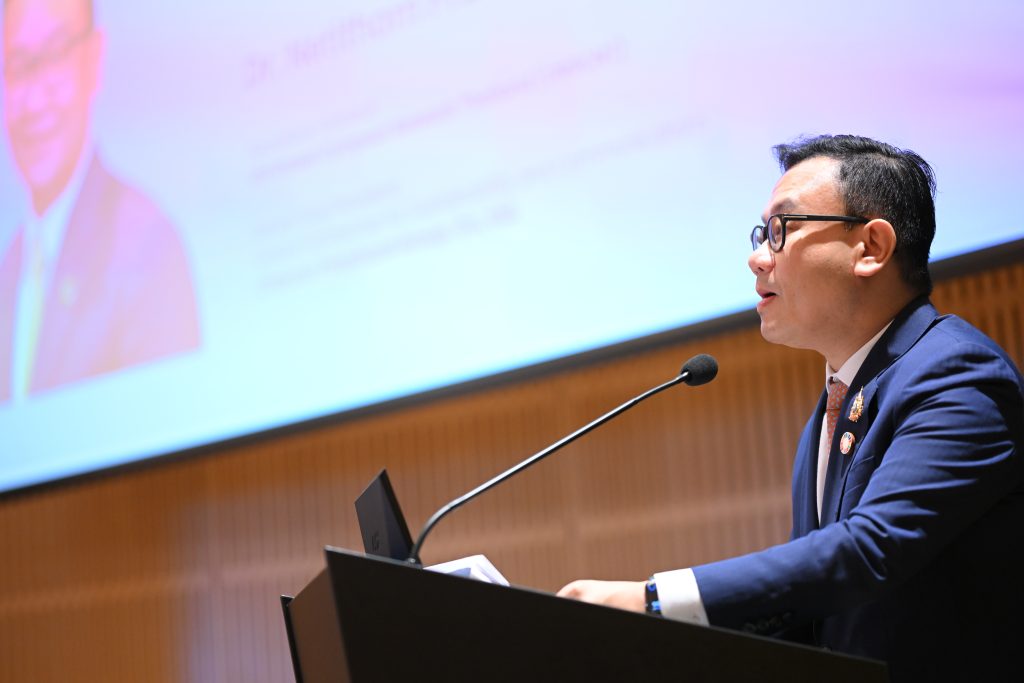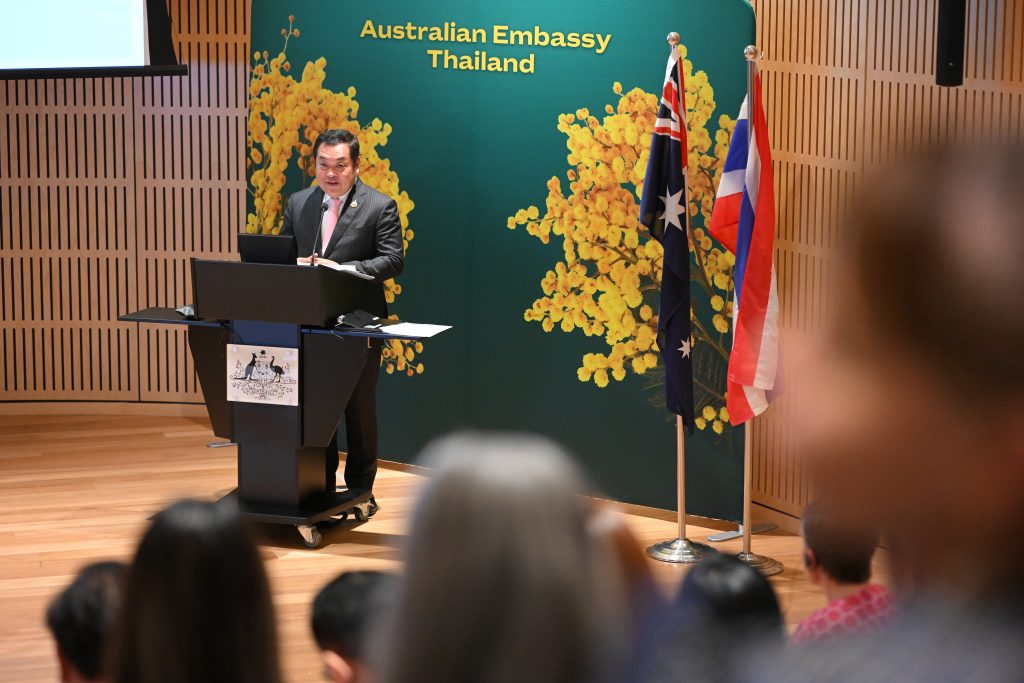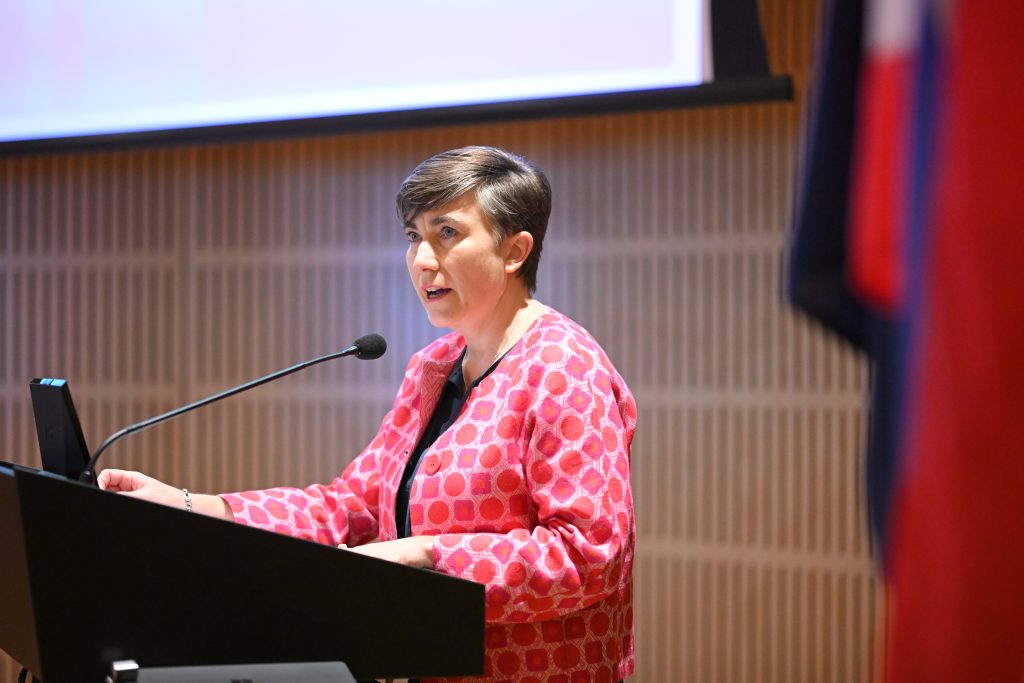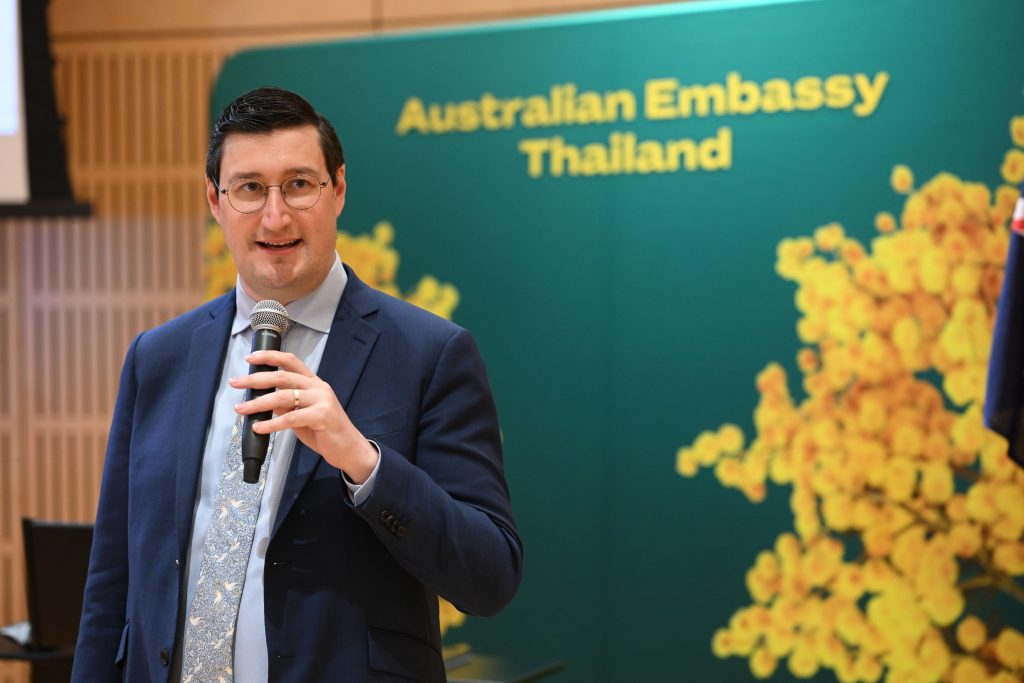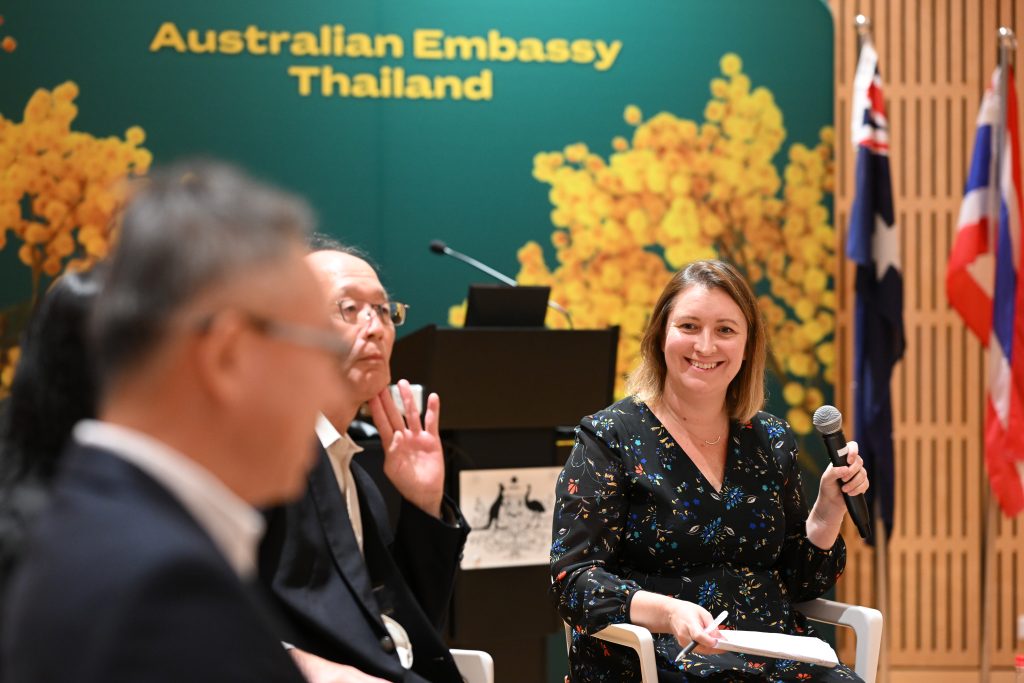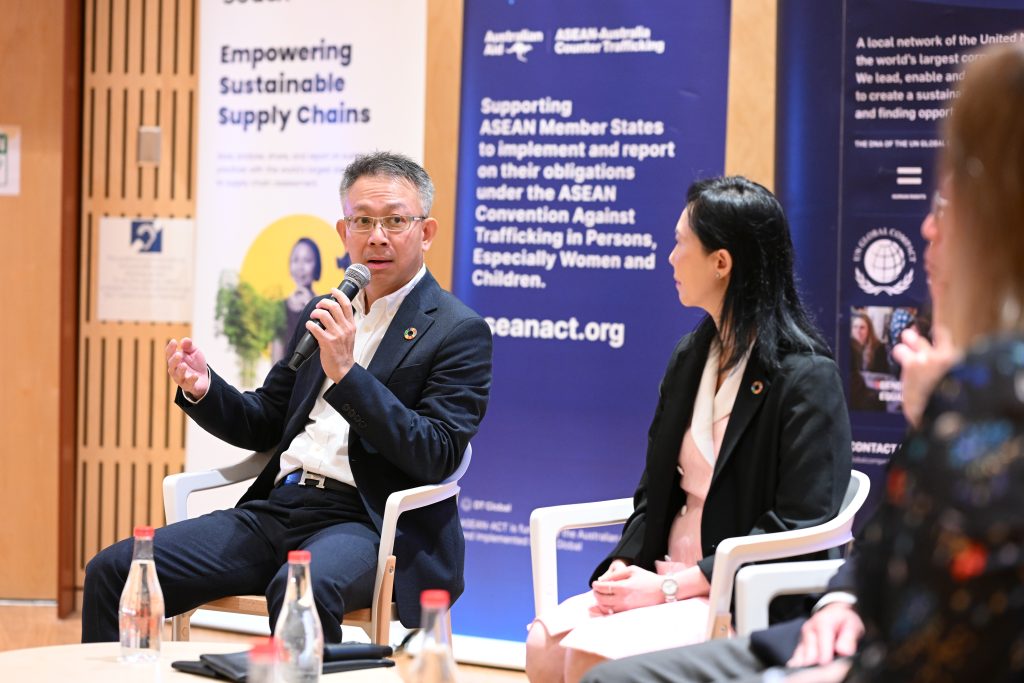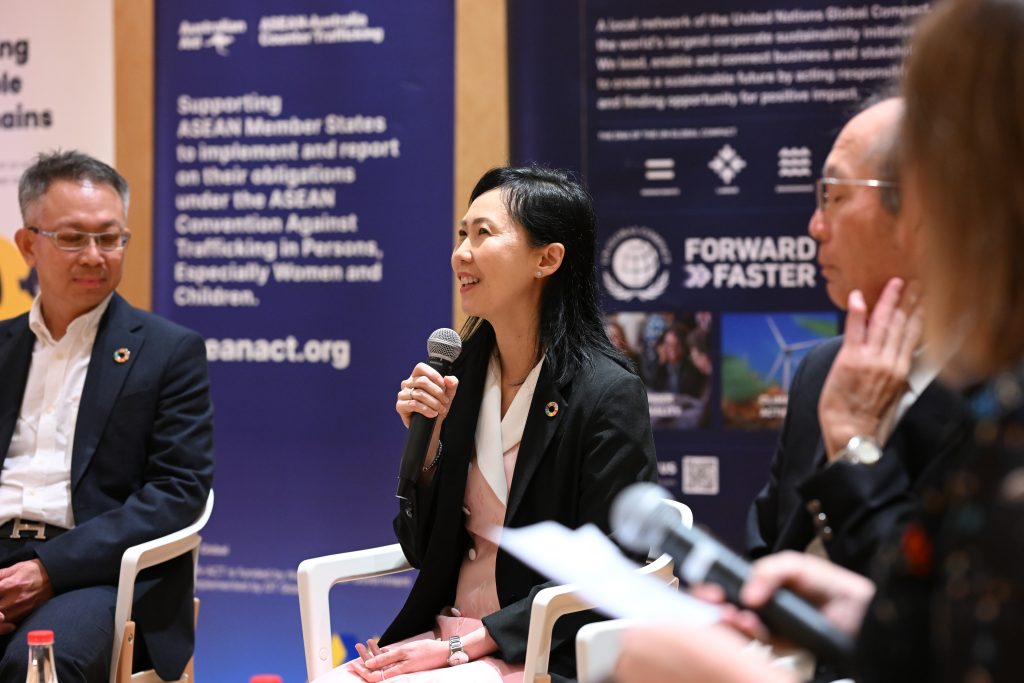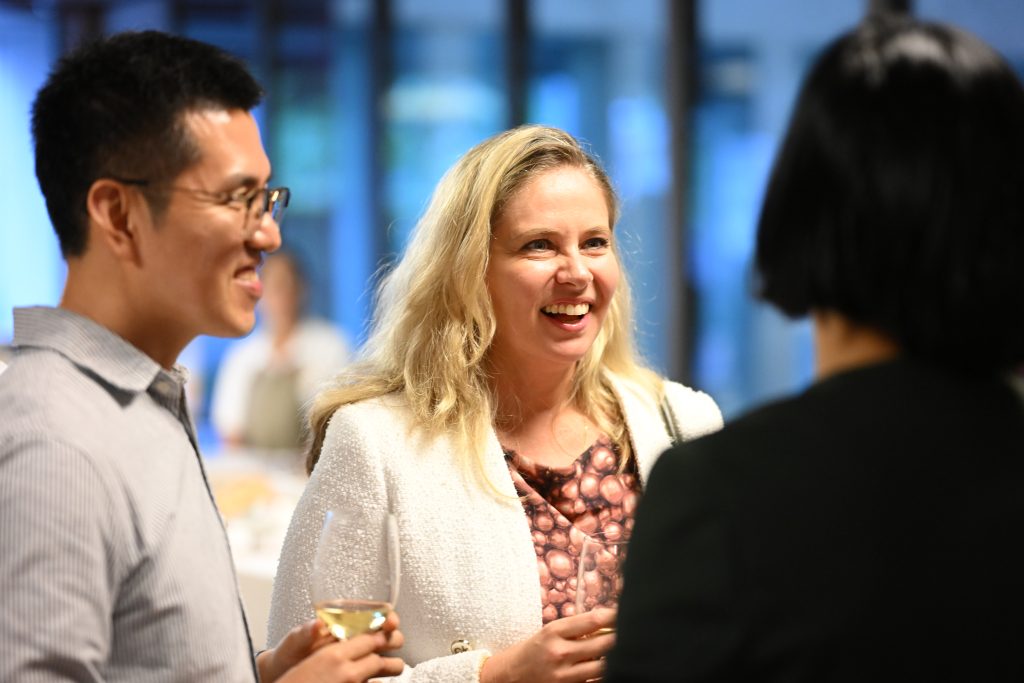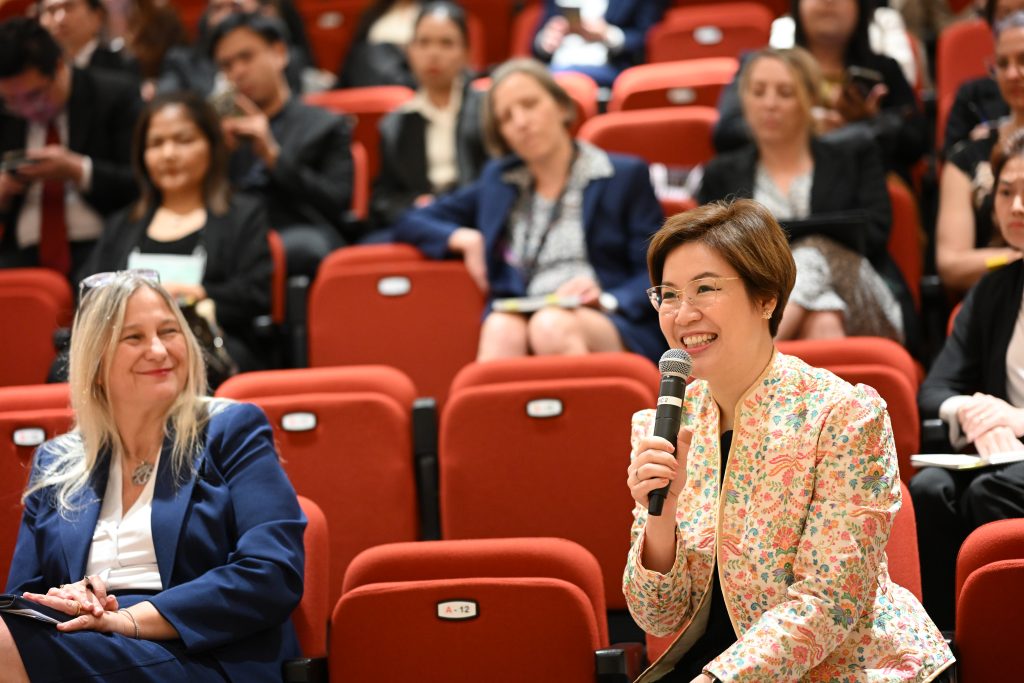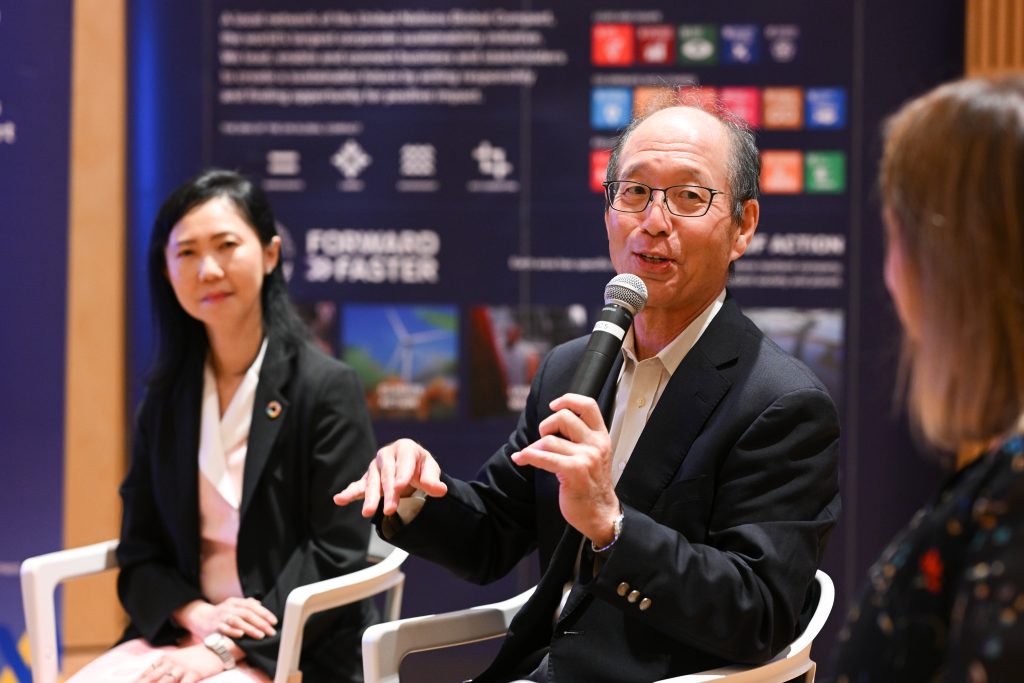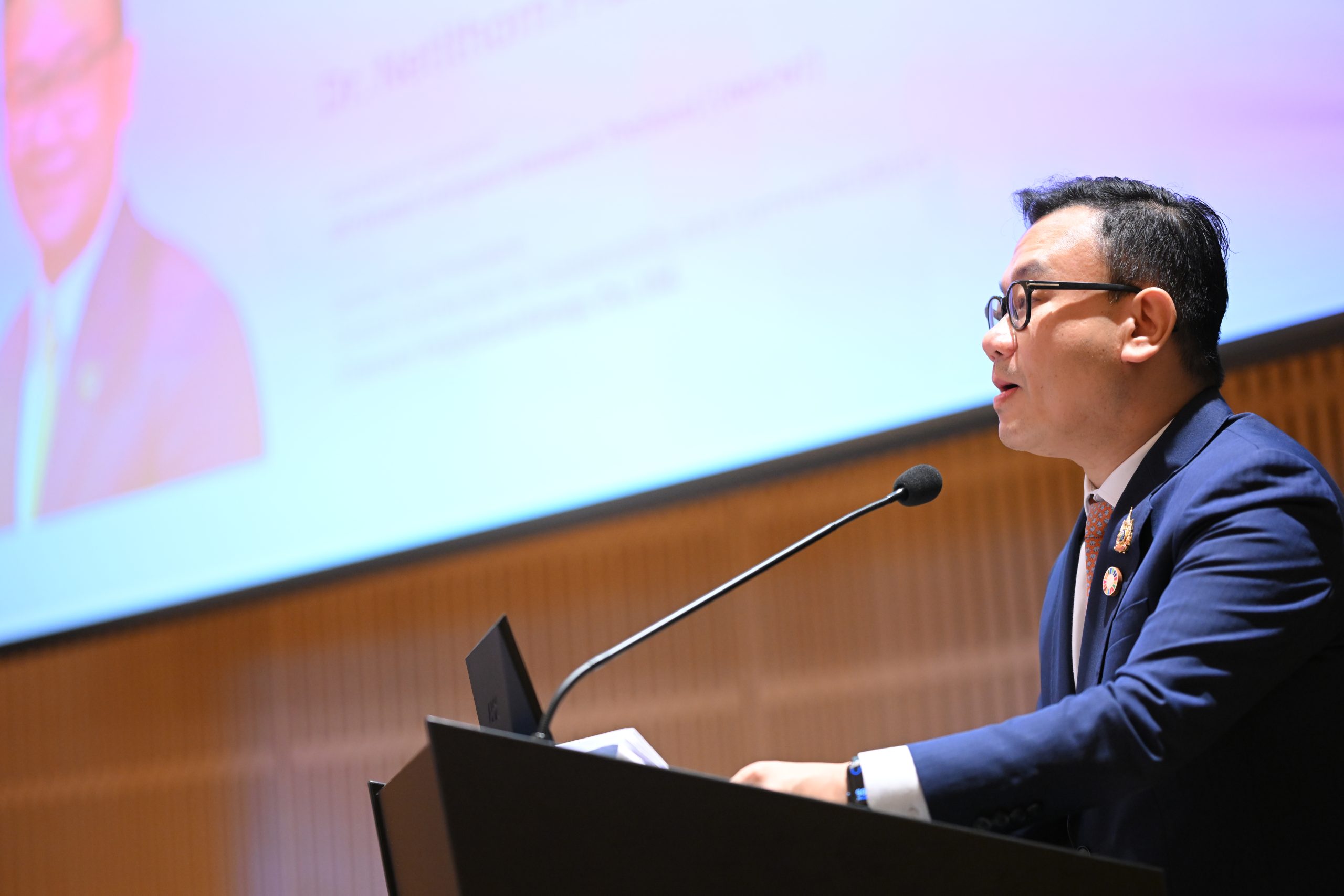Trade is no longer about the bottom line. In an era where global supply chains are more interconnected than ever, the importance of ethical trade is crucial to fostering sustainable growth and protecting human rights.
Bangkok, Thailand – Thailand’s Minister of Justice, Tawee Sodsong with Australia’s Ambassador to Thailand, Dr. Angela Macdonald, welcomed representatives from Australian and Thai businesses focused on the food sector to discuss this issue at an ethical trade event in Bangkok on 22 October as part of a collaboration between ASEAN-ACT, Sedex and the UN Global Compact Network Thailand.
The evolution of ethical trade
The bilateral trading relationship between Australia and Thailand has flourished since the Thailand-Australia Free Trade Agreement (TAFTA) was established nearly two decades ago. This agreement has not only tripled trade between the two nations, but also paved the way for a deeper understanding of the impact of business on society and the environment.
In his opening address, Minister Sodsong said that Thailand is committed to promoting responsible business practices and upholding human rights through its second National Action Plan (NAP) on Business and Human Rights. The plan builds on the first NAP and encourages the private sector to move towards applying the ethical standards and practices that are increasingly demanded in the global market.
Australia’s Ambassador to Thailand, Dr Angela Mcdonald said: “Australia and Thailand are significant markets for each other, and as our markets have matured, we have also come to understand the impact of business on our society and our environment. This is an evolution in our understanding and recognition of the important impacts that business has on human rights.”
Australia’s adoption of the Modern Slavery Act in 2018 marked a significant milestone in this journey. This legislation requires large companies and the Australian government to report annually on the actions taken to ensure their operations and supply chains are free of modern slavery. Modern slavery, encompassing forced labor, debt bondage, and forced marriage, is a transboundary issue affecting over 50 million people globally. It often remains hidden in sectors such as fishing, agriculture, manufacturing, construction, and domestic work.
Global efforts to combat modern slavery
Australia’s leadership in addressing modern slavery is complemented by international efforts. Countries like Canada, Germany, and Japan have introduced legislation to combat forced and child labour in supply chains. The European Union’s Corporate Sustainability Due Diligence Directive, set to take effect in 2026, further exemplifies the global commitment to eradicating labour exploitation.
These measures, whether mandatory or voluntary, are crucial steps towards ensuring that businesses uphold human rights and operate transparently. Thailand’s own initiatives to explore human rights due diligence legislation in Thailand is particularly promising. Earlier this year, Thailand hosted its first modern slavery conference, promoting cross-sectoral collaboration and raising awareness about the issue.
Thai business responses to developments in human rights due diligence
Dr. Netithorn Praditsorn, UN Global Compact Network Thailand’s Secretary-General and Charoen Pokphand Group’s Senior Vice President, spoke to the role of Thai businesses in applying human rights due diligence (HRDD). He said that several Thai businesses had adopted HRDD practices, despite there not yet being a legal requirement. This has included raising awareness and building capacity within the private sector to identify and mitigate human rights risks.
Dr. Netithorn also highlighted the need for an integrated approach to HRDD that aligns the expectations of international buyers and suppliers and creates a positive value proposition for both sides. Recognising the critical role of small and medium-sized enterprises in the Thai economy and global supply chains, he stressed the importance of extending training and support to SMEs as part of their progression towards compliance with international standards.
Sustainable sourcing in the food and beverage sector: opportunities, challenges and ways forward
A panel discussion moderated by AusTrade brought together Australian, Japanese and Thai business representatives to discuss sustainable sourcing in the food and beverage industry – a sector of interest and growth for all three markets.
The panellists acknowledged that law and regulation play a key role in adopting ethical trading terms. There was strong consensus among speakers that standards and requirements need to be harmonised and simplified to encourage greater compliance, particularly by SMEs. The need for a proportionate approach to risk was also stressed.
Suntory Holdings Ltd Kenzo Taniuchi explained how collaboration in the food and beverage sector is possible because long-term partnerships can be established between buyers and suppliers and several suppliers source from the same buyers. Buyers can therefore collaboratively work with their competitors to improve labour and other standards within their suppliers.
Woolworths Phoebe Ewen Senior Human Rights & Responsible Sourcing Manager shared that Australia’s largest food retailers has been piloting alternative compliance pathways within their supply chain, including hearing directly from workers themselves about their terms and workplace conditions. “This approach helps us find and address human rights risks more effectively and build stronger, closer relationships with our suppliers,” she said.
CP Axtra Dr Wilairut Charoenmairungrueang described their program with suppliers including their ESG scanning process, a supplier code of conduct manual, and providing training SMEs to ensure that standards and expectations are met.
SCG Packaging Soonthorn Yongvibulsiri explored the potential for technology to be used in simplifying and expanding the reach of HRDD in businesses of all sizes. He encouraged the development and availability of technological tools to support businesses in their compliance efforts. “We need to promote the race to the top, creating an environment where everyone feels encouraged to undertake progressive standards and policies.”
Building a coalition for ethical change
The insights shared by speakers underscored the importance of inclusive dialogue and collaboration in nudging better business practice. Engaging a broad range of stakeholders, including governments, businesses, NGOs and workers themselves, is essential for developing effective strategies to address modern slavery. Increasingly, all stakeholders are recognising the importance of collectively identifying risks of rights abuses and violations and creating a safe space in which to discuss mitigation without fear of penalty or the loss of a business partnership.
As we move forward, businesses must take increasing responsibility for the working conditions in their supply chains by implementing due diligence to identify and address labour exploitation. Australian and Thai businesses, supported by partners like ASEAN-ACT and Sedex, can and should lead the way in ensuring that economic growth and human rights go hand in hand.
